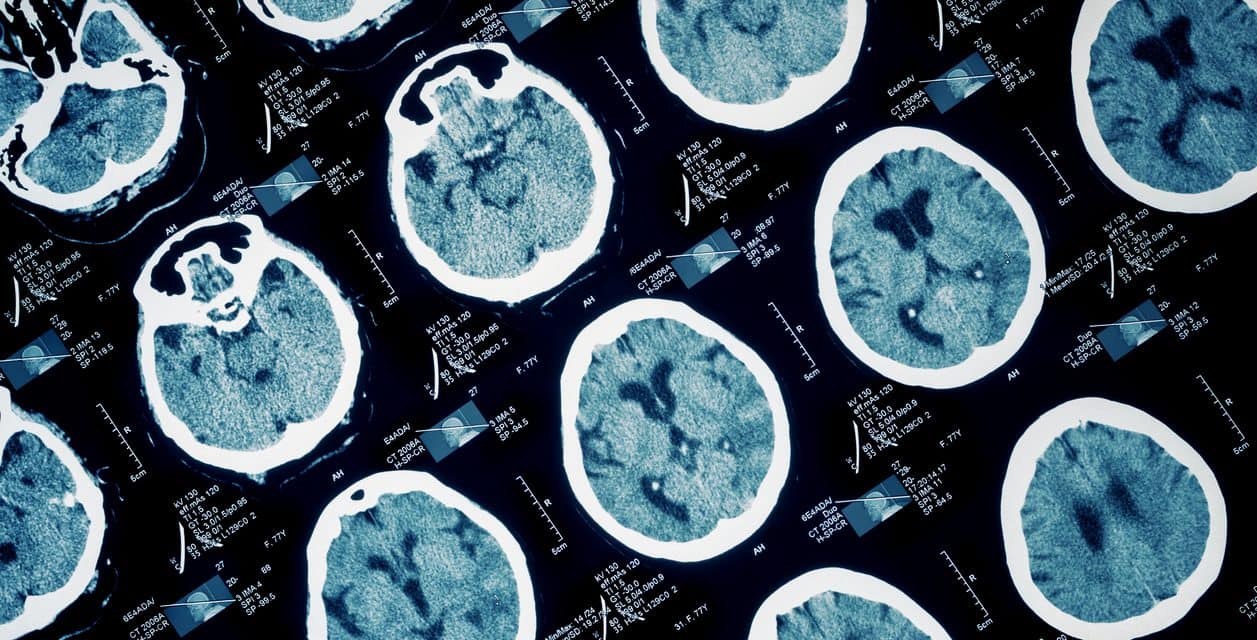To explore prospectively through OCT the rate of retinal layer changes in relapsing-remitting multiple sclerosis patients followed up on fingolimod or interferon, as well as the treatments’ differential effects on cognitive tests scores.
This prospective observational study enrolled 128 stable RRMS patients treated either with fingolimod (n = 71) or interferon (n = 56). Symbol-Digit Modality Test and retinal OCT scans were obtained at baseline and every 6 to 12 months. A subgroup of patients underwent expanded cognitive tests annually (Brief visual-spatial memory-total recall, BVMT-delayed recall, and Montreal Cognitive Assessment). Retinal-OCT scans were also obtained from 22 age- and sex-matched healthy controls. Mixed effects regression was used to study annualized changes in retinal layers and cognitive function, including differences between treatment groups. Correlations between annualized changes in retinal measurements and cognitive scores were also explored.
Fingolimod treated patients showed no significant difference in the rate of thinning of all retinal layers when compared to healthy controls and had significantly less GCIPL thinning when compared to interferons. SDMT scores improved similarly among both RRMS treatment groups. However, interferon but not fingolimod treated patients had significant decline in MOCA and total recall scores. We also found correlations between the annualized change in GCIPL thickness and annualized change in MOCA scores, and similar correlations with annualized change in total recall scores.
Fingolimod has a potential role in reducing retinal neurodegeneration in RRMS. Longitudinal OCT measures appear to be sensitive to changes in cognitive function and may be useful for monitoring neuroprotective therapies.
Copyright © 2021. Published by Elsevier B.V.
Effect of fingolimod vs interferon treatment on OCT measurements and cognitive function in RRMS.


